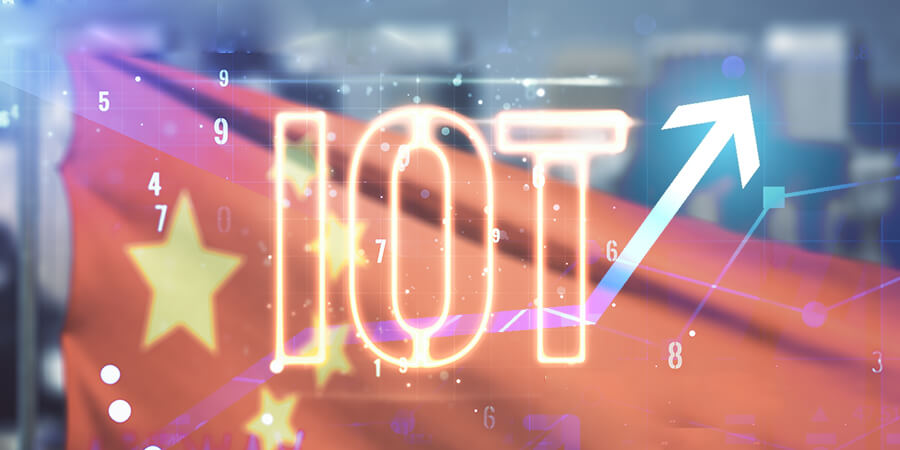By Brendan Press, chief commercial officer of GBI
Featured Articles
Asia’s Digital Revolution: Driving Connectivity, Commerce and Innovation
ExpiredIn today's fast-paced world of technology, Asia is becoming a dominant force in the telecommunications industry. With its thriving economies, growing middle class and strong desire for connectivity, the region is experiencing notable success in the development of its telecommunications infrastructure. From state-of-the-art 5G networks to expansive undersea cables, Asia is leading the way in shaping the future of communication, commerce and connectivity.
5.5G (5G-A) Emerges as the Future of Mobile Communications
ExpiredThe evolution of mobile communications technologies has seen a new generation appear roughly every 10 years, with half-generation technologies emerging every five years. Each generation introduces key, iconic technologies, such as TDMA and CDMA for 2G and 3G and OFDM, MIMO and SDR for 4G. 5G has introduced massive MIMO, polar code and URLLC as its key technologies as well.
Asia Pacific IoT Spending: China Leads the Way
ExpiredThe Asia Pacific is considered the fastest-growing region in the global Internet of Things (IoT) market. The rising digital transformation of each country and the continuous technological advancements have led the key players to strengthen their capabilities through research and investments in new market upgrades and strategies.
The Vast Network Below: A Closer Look at Submarine Cable System Projects in Asia
ExpiredA submarine communication cable is a fiber-optic cable constructed underwater to connect two or more landing locations. Today's cables typically consist of optical fibers that carry information. These fibers are then covered in silicon gel and sheathed in various layers of plastic, steel wiring, copper and nylon to provide insulation for the signal and shield the cable from damage from animals, anchors, fishing, weather and other natural occurrences. Submarine cables are designed to offer high bandwidth and low latency. They provide high reliability and greater security, as they are difficult to tap into.
Innovation by the Numbers: Cloud Giants' Revenue Soars in Q2 2023
ExpiredTelecom Review presents an exclusive Twimbit report detailing insights into the performance of the four leading cloud service providers during the second quarter of 2023. This report is the first in a five-part series — a comprehensive collection of insights and analyses designed to provide a deep understanding of various subjects.
Digital Solutions Ready to Revolutionize Learning in Asia
ExpiredAsia Pacific has experienced an immense shift in education over the past few years. The emergence of internet platforms has been significant in breaking down long-standing educational boundaries. Technology has made learning more accessible, inclusive and efficient for millions of students across the region.
Embracing Sustainability: Asia’s Efforts Towards Green Technology
ExpiredThe global discourse regarding sustainability has gained a lot of traction in recent years, and it is quite evident in Asia. According to a study by consulting firm McKinsey & Co., the region is home to five of the world's ten largest greenhouse gas (GHG) emitters, namely China, India, Indonesia, Japan and South Korea. These countries account for around 45% of worldwide GHG emissions.
Powering the Digital Future: The Growth of AWS Global Cloud Infrastructure
ExpiredIn an exclusive five-part series with Twimbit, Telecom Review will deliver insights on the performance of leading cloud service providers during the second quarter of 2023. This report will focus on the performance of Amazon Web Services (AWS) in the past few months and how this will drive their services for the rest of the year.
Open Horizons: The Vast Potential of the Telecommunications Market in Vietnam
ExpiredVietnam is predicted to become one of the next big players in the telecommunications market, with a population of almost 100 million and a growing economy overall. According to Mordor Intelligence, the Vietnamese telecom market is expected to record a compound annual growth rate (CAGR) of 1.21% over the next five years.















